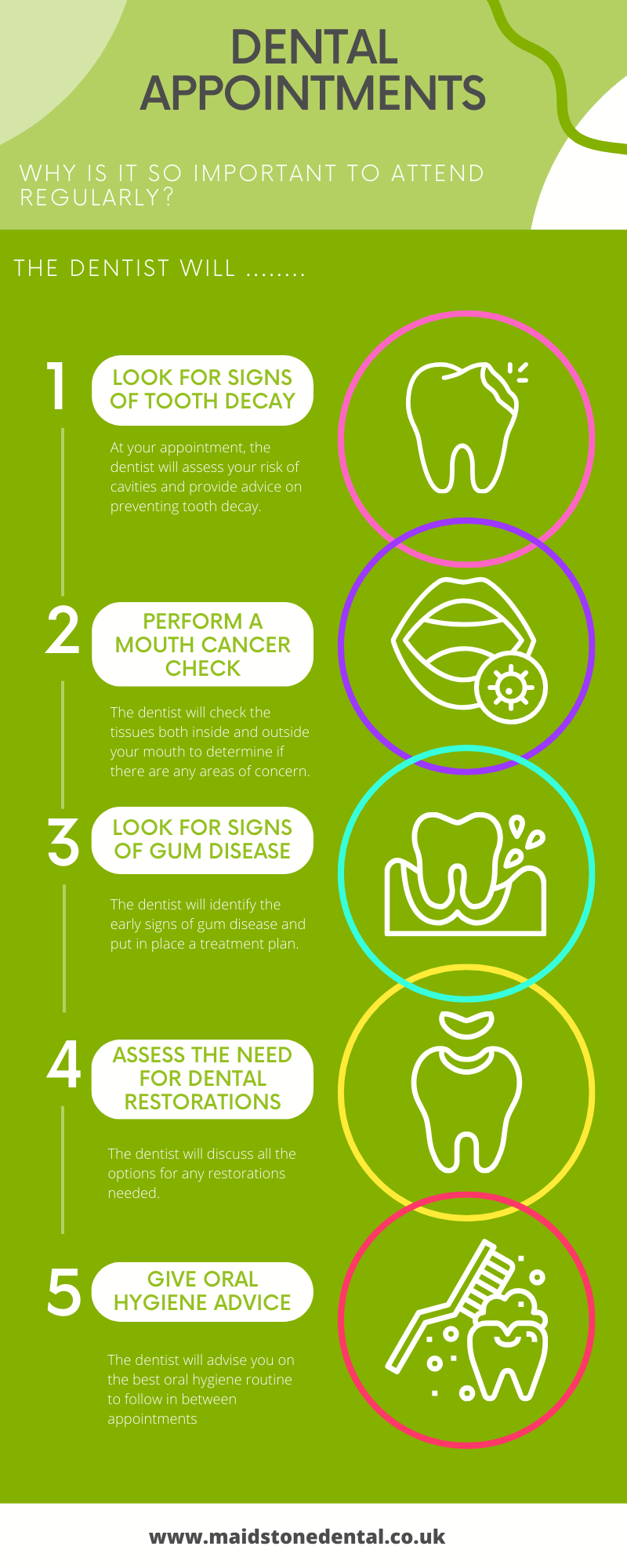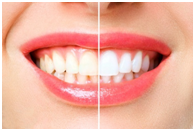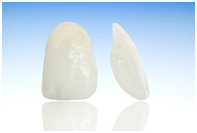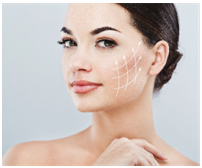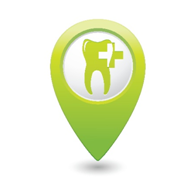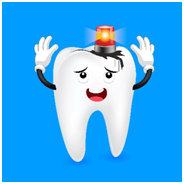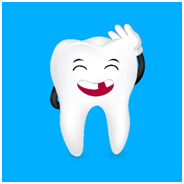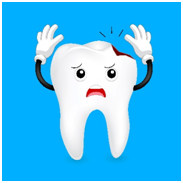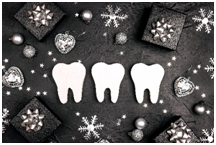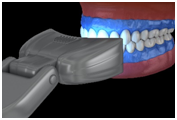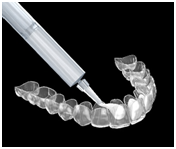Around Easter, most of us end up consuming more chocolate than we would on a normal basis.
Whether you love dark chocolate, milk chocolate, white chocolate, or any variety of these, you may be surprised at the amount of positive data there is out there about how consuming chocolate affects the body and how it can have positive effects on your oral health.
Is Milk Chocolate Bad for Your Teeth?
Milk chocolate is probably one of the most popular and widely consumed types of chocolate. Unfortunately, it is not so great for your teeth. Milk chocolate contains more sugar than its dark chocolate counterparts and much more than raw and unprocessed chocolate.
Milk chocolate is a chocolate made from a combination of cocoa, powdered milk, and sugar. The breakdown is usually 20-30% real cocoa, with the balance consisting of sugar and powdered milk. The higher sugar content that is contained in milk chocolate can cause cavities and tooth decay more so than dark, raw, or organic chocolate.
Is Dark Chocolate Bad for Your Teeth?
Dark chocolate is by far the better choice when it comes to keeping your teeth
Dark chocolate contains polyphenols. These chemicals can help fight the overgrowth of bacteria and other organisms in the mouth. They can neutralize organisms that cause bad breath and they can prevent some sugars form turning into acid, which can break down the enamel of your teeth and cause tooth decay and cavities. Dark chocolate also contains flavonoids. Flavonoids have been shown to slow tooth decay.
Dark chocolate contains antioxidants. Antioxidants are beneficial to overall health in many ways but when it comes to oral health, having higher levels of antioxidants in your saliva has been shown to help fight gum disease.
Dark chocolate, otherwise known as “real chocolate,” is made up of around 70% cocoa and only 30% powdered milk and sugar. This drastically reduces the detrimental effect that it could have on tooth enamel when compared to milk chocolate.
How Tooth Decay Occurs & How You Can Prevent It?
Tooth decay occurs when bacteria in the mouth turn sugar into acids. Those acids eat away at surface of your teeth, causing decay and cavities.
Tooth decay occurs over time. However, it can be mostly prevented by cutting down on your sugar intake, watching what types of foods you eat, both sweet and savoury, and ensuring that you are brushing and flossing your teeth daily. It also helps to visit your dentist twice a year to identify oral problems early and remove plaque and tartar build-up.
This Easter, it is okay to go ahead and indulge. Just remember that, as with
The team at Maidstone Dental & Implant Centre work closely with each of our patients to customise individual treatment plans that successfully meet their personal needs. Call Maidstone Dental & Implant Centre today on 01622 682029 and book in for your routine dental appointment today.






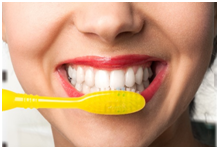

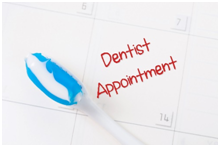 care routine, follow a healthy diet, and keep up with your routine dental appointments, you can lessen your risk of many different dental issues.
care routine, follow a healthy diet, and keep up with your routine dental appointments, you can lessen your risk of many different dental issues.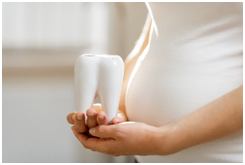



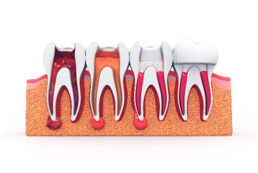
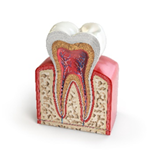
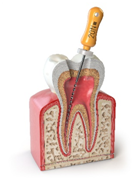

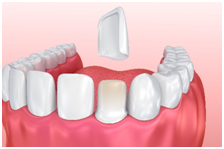
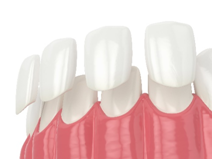
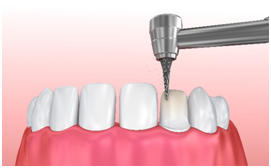

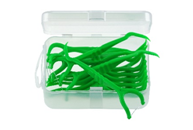

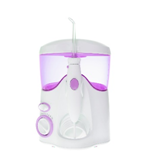
 sticking with a good dental care routine. This involves regularly using interdental brushes and brushing with a fluoride toothpaste.
sticking with a good dental care routine. This involves regularly using interdental brushes and brushing with a fluoride toothpaste.
